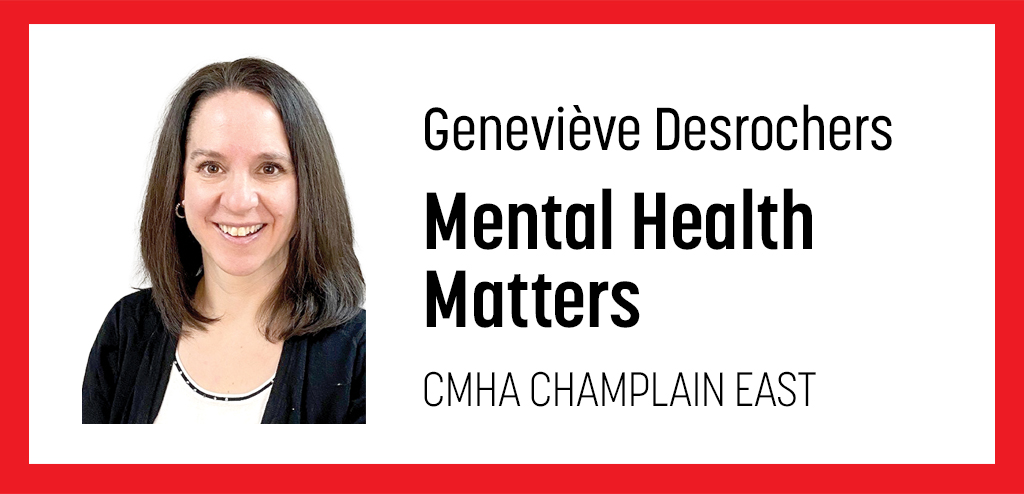Last month, May 1-7, 2023, marked Mental Health Week, a national social transformation campaign to raise awareness, change beliefs and perceptions about mental health and foster a culture of understanding and acceptance. In order to reduce the stigma associated with mental illnesses, it is important to be aware of the myths that still prevail today. This month’s article aims to present some myths and equip you to dispel them.
Here are five common myths about mental illnesses.
Myth #1: Mental illnesses are not real illnesses.
Fact: Mental illnesses are not just regular ups and downs in life. They create distress, do not go away on their own and are real health problems that can be effectively treated. Just as you wouldn’t blame someone with diabetes, you can’t blame someone who needs professional help and support while they experience a mental illness.
Myth #2: Mental illnesses will never affect me.
Fact: We will all be affected by mental illness. Research estimates that at least one in five Canadians will experience a mental illness in their lifetime. You may not be living with a mental illness yourself, but it is very likely that a family member, acquaintance or colleague will be.
Myth #3: People don’t recover from mental illnesses.
Fact: Today, there are many different types of treatments, services and supports that can help people recover from mental illnesses. In fact, people living with mental illnesses can and do lead productive and engaged lives. If their mental illness lasts a long time, it is possible for them to learn to manage their symptoms in order to achieve their goals. If a person continues to experience many difficulties, it may be a sign that he or she needs help or a different approach.
Myth #4: People who experience mental illnesses are weak and can’t handle stress.
Fact: Stress impacts well-being, but this is true for everyone. People living with mental illnesses may actually be better at managing stress than people who haven’t experienced mental illnesses. Many of them learn skills like stress management and problem-solving so they can take care of stress before it affects their well-being. Taking care of yourself and asking for help when you need it are signs of strength, not weakness.
Myth #5: People who experience mental illnesses can’t work.
Fact: Mental illness does not make people unable to work. While some people benefit from modifications at work to achieve their goals, many work with little support from their employers. In fact, workplaces include many people living with mental illnesses.
Finally, let’s remember that these and many other myths exclude people living with mental illnesses from our community and create barriers to their well-being. If we want to reduce the incidence of mental illnesses around us, it is important to know the facts and to start by reviewing our own beliefs and behaviours.
DO YOU NEED MORE HELP?
Contact a community organization like the Canadian Mental Health Association to learn more about support and resources in your area.
The information provided is not a substitute for professional advice. If you need advice, please consult a qualified health care professional. For further information or if you want to access our services at CMHA, please call 1-800-493-8271 or visit our web site at www.cmha-east.on.ca
If you are thinking of suicide, please call 1-833-456-4566 toll free in Canada or dial 911.



